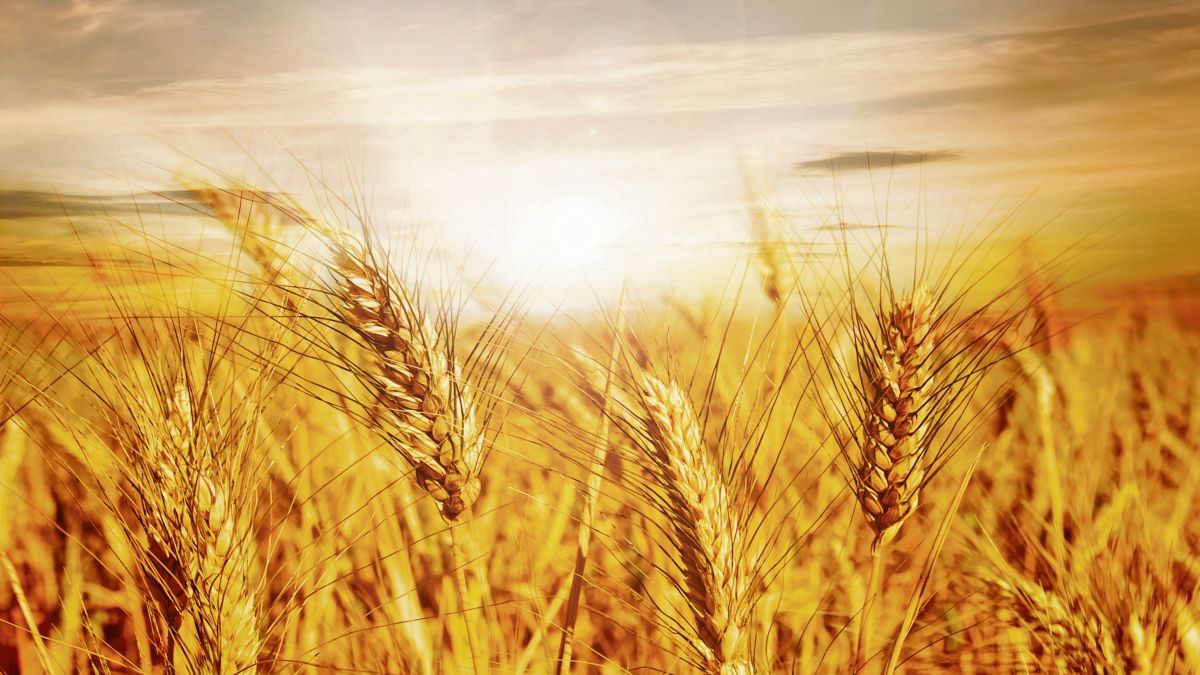Despite the improvement estimated for the 2023/2024 harvest, the president of the Grain Exchange, José Martins, stated that the fine season will begin “with many more uncertainties than certainties.”
The wheat harvest for the 2023/24 cycle in Argentina would be 18 million tons, from the meager 12.4 million collected in the previous campaign due to the impact of a historic drought, which represents a growth of 45%, they said on Tuesday. from the Cereal Stock Exchange. However, the president of the entity, Jose MartinsI affirm that the fine wheat and barley sowing campaign will begin “with many more uncertainties than certainties”and demanded that the political leadership “give predictability to invest, generate foreign currency and employment in a federal manner”.
The content you want to access is exclusive to subscribers.
“Instead of focusing on projecting growth models with the risks of the business (weather, prices), we will have to stretch our imagination to glimpse the future national political-economic context”said Martins, in statements made during the opening of the seminar on agricultural perspectives “Agrotrends 2023”organized by the Federation of Grain Collectors at the headquarters of the Stock Exchange.


In this sense, the head of the Grain Exchange stated that “We will face the new fine campaign with many more uncertainties than certainties”. For this reason, he stated that “We need politics, an understanding of our activity”although he ruled out asking for “subsidies or perks” and claimed “a scenario of clear, sustainable rules that provide predictability to invest, generate foreign currency and employment in a federal way”.
“There is an agro-industrial chain willing to continue risking its own working capital and that of third parties, in an environment where in economic terms this value chain suffered a worse negative impact than the pandemic”he asserted.
He also objected that during the pandemic “vast affected sectors received support policies and/or measures”, something that, he assured, “was not replicated” with the agricultural sector, “neither to alleviate the losses nor to finance ‘the revenge'” , in reference to recovery after Social, Preventive and Compulsory Isolation (ASPO).
In turn, in his double capacity as president of the Grain Exchange and the Argentine Agroindustrial Council (CAA), he recalled that the latter entity presented in 2020 “an industrial policy plan for the next 10 years, with several axes not only in the sector, seeking to contribute to a reasonable macroeconomics and focused on job creation, the only way to reduce current poverty rates”.
This proposal, he pointed out, “is not written in stone”, but “was prepared responsibly, including sectors outside our activity to generate a positive economic impact” and He asked that they “do not box it”, but rather that they improve it and “add their imprint”.
Source: Ambito




